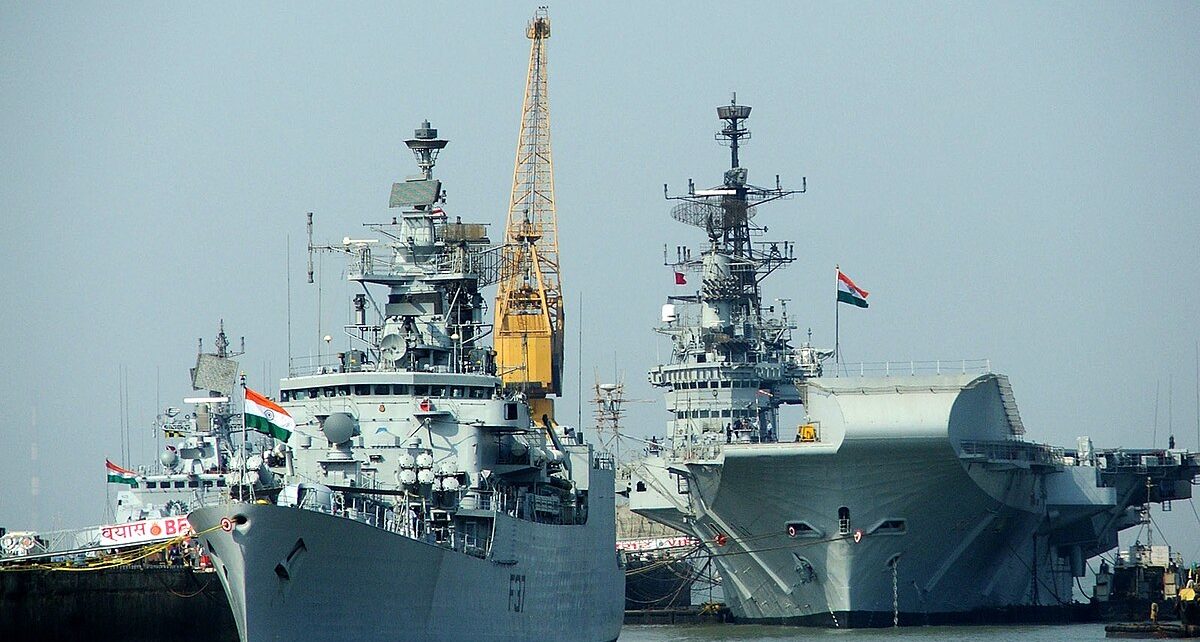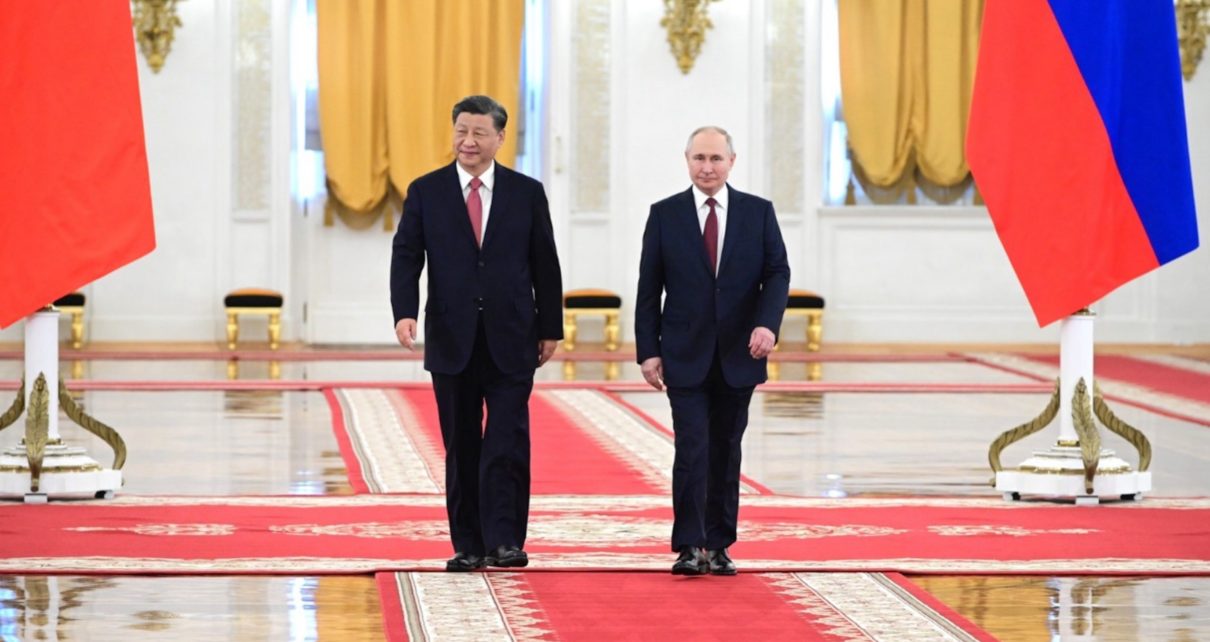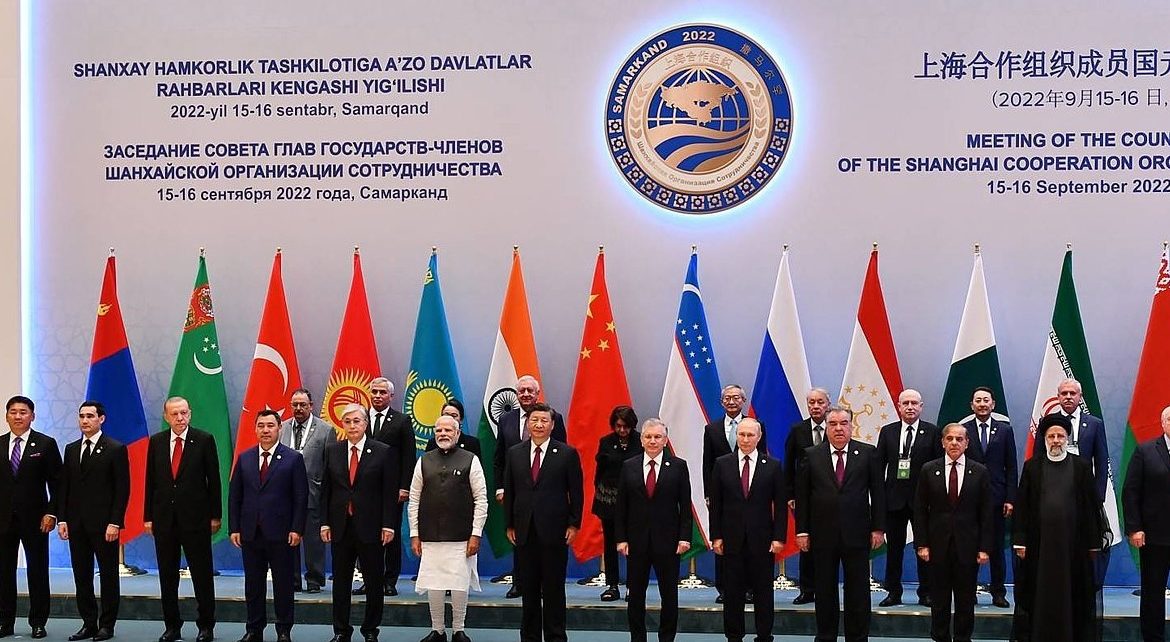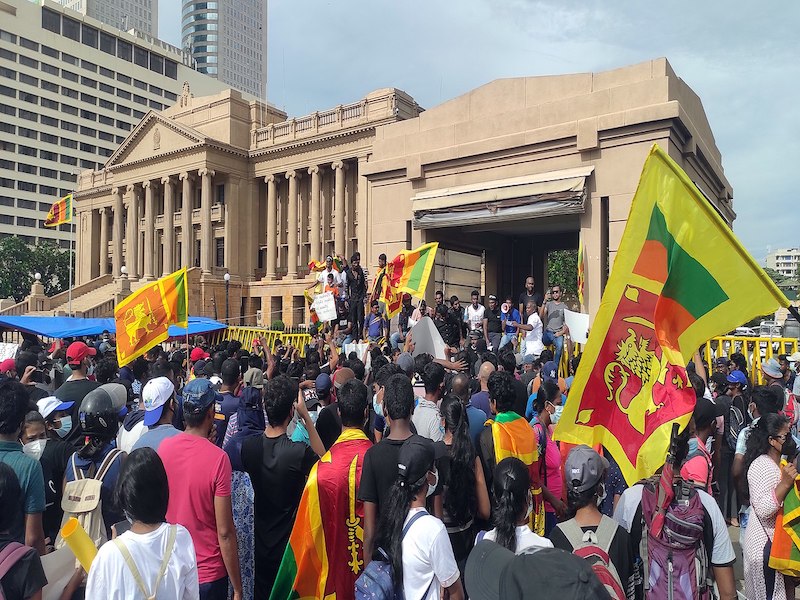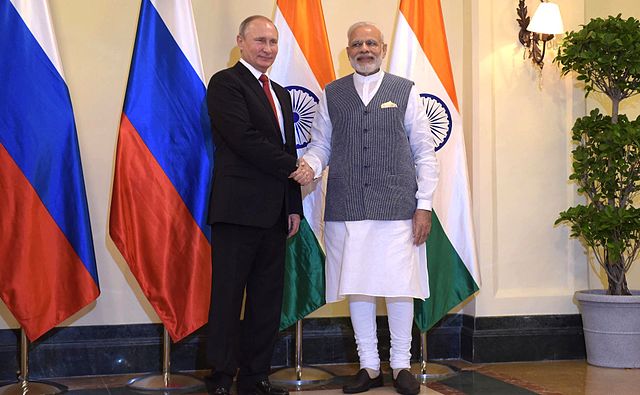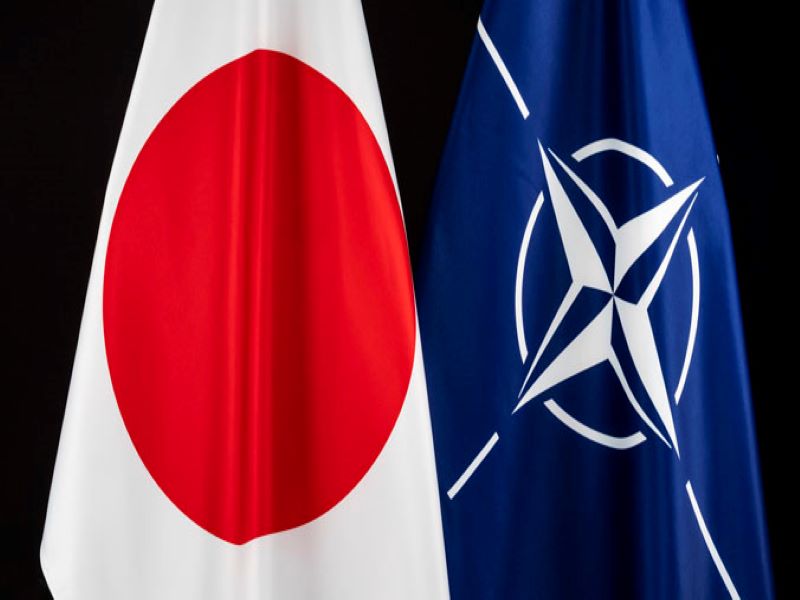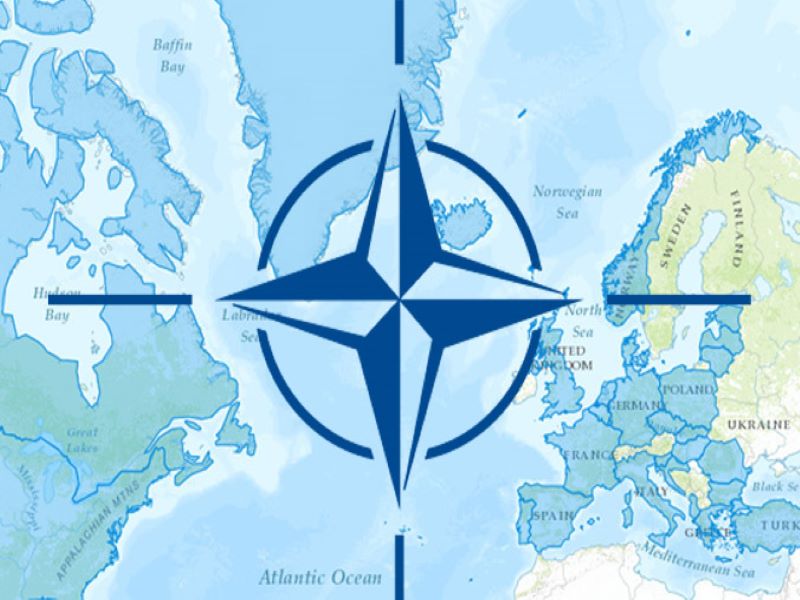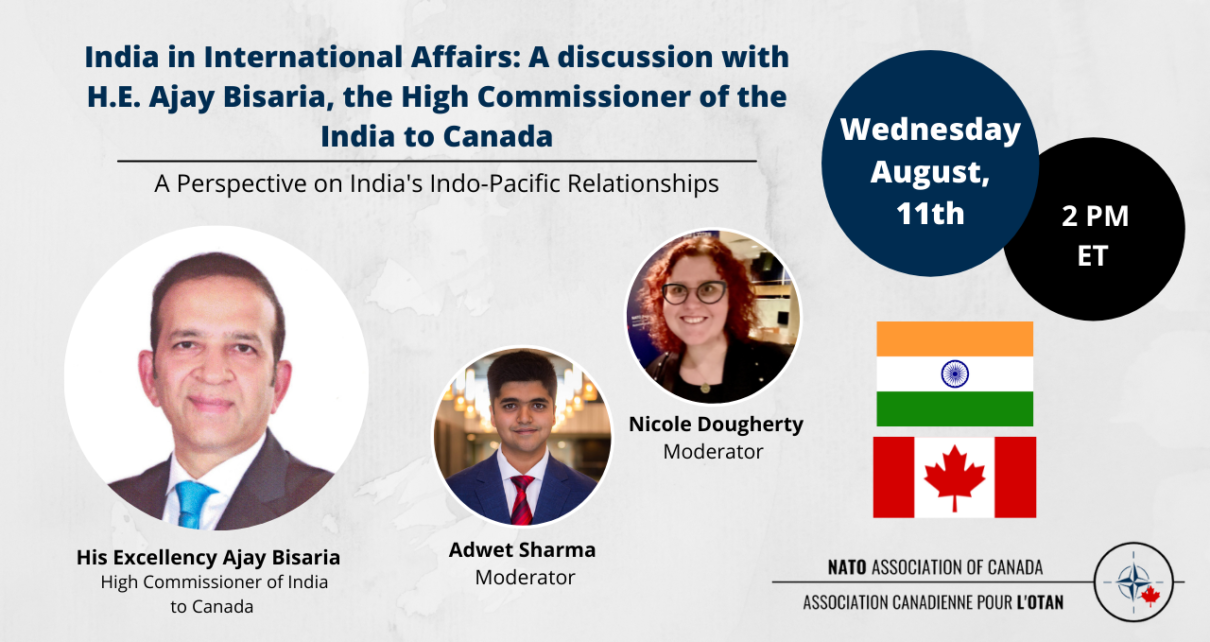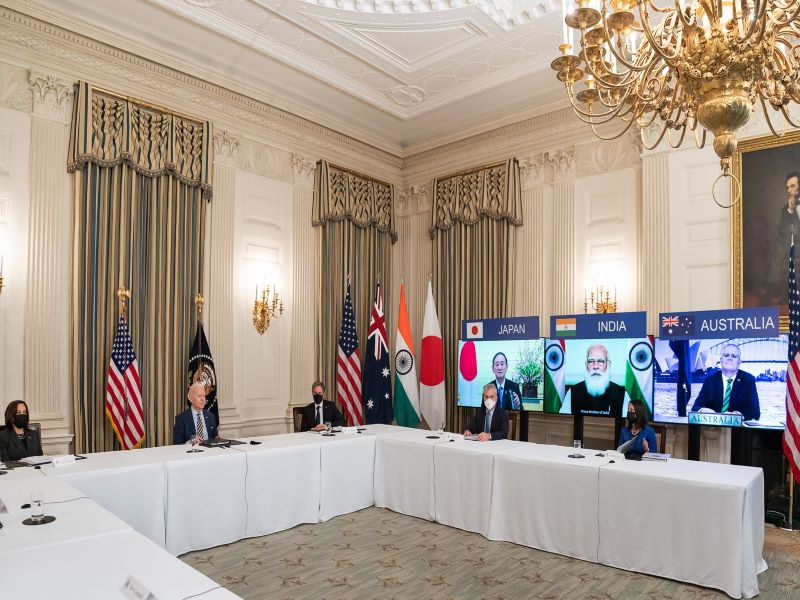The question of whether Canada needs a foreign intelligence service is not a new one. It’s been bandied about almost as long as Canada has had a domestic intelligence service. Created by an Act of Parliament in 1984, the Canadian Security Intelligence Service (CSIS) was mandated only to include the collection of data and information Read More…
Tag: India
Roaring Rivals: The Tiger and the Dragon, and the Indo-Pacific Chessboard
India and China are forecast to be the second and third-largest economies in the world by the turn of the next century. The dynamics between these powers demonstrate an uneasy competition as each state tries to increase its own sphere of influence at the expense of the other. These dynamics are thus a mixture of Read More…
Navigating BRICS Expansion with an Eye to China and Russia: A Strategic Perspective
BRICS, the hitherto five-state grouping of emerging countries that, until now, included Brazil, Russia, India, China and South Africa, expanded in early 2024. This enlargement doubled BRICS’ membership to include authoritarian members Egypt, Ethiopia, Iran, Saudi Arabia, and the United Arab Emirates (UAE), but with Argentina desisting from joining after the election of President Milei. This is the first BRICS Read More…
India Flexing Its Diplomatic Muscles: A Strategic Shift in the Indo-Pacific?
Has Indian diplomacy become more independent? Scott Burns argues that India’s rebuff of Russia and hard line with Canada, the United Kingdom and China point to a more independent pursuit of strategic autonomy.
Sri Lanka: Canada’s Foothold in the Indo-Pacific?
As Sri Lanka’s economic crisis began to unfold in March, 2022, nationwide protests erupted that led to the defeat of political royalty Gotabaya Rajapaksa and the start of the Ranil Wickremesinghe-led government. The economic crisis is a result of low foreign reserves and a high current account deficit, which has left the country dependent on Read More…
Understanding India’s position of ‘proactive neutrality’ in the Russian- Ukraine war. Its implications on India’s security and economy.
In an emergency session of the UN’s General Assembly held on February 27th 2022, 141 of the 193 member states voted for a resolution that deplored Russia’s invasion of Ukraine and called for the immediate withdrawal of its forces. India, along with China and 33 other countries, abstained. Explaining its vote, India’s Permanent Representative at Read More…
Special Report: NATO’s Indo-Pacific Strategy Needs Japan
In this special report, Junior Research Fellow Andrew Erskine explores how NATO-Japanese relations are key for upholding a rules-based order in the Indo-Pacific. In particular, Andrew identifies how Japan, back with NATO’s diplomatic experience, can bring together Indo-Pacific nations that do not desire a bipolar order dominated by Sino-US great power competition.
Article V & the Indo-Pacific: Will NATO’s collective defence pact function in an out-of-area region?
In this article, Junior Research Fellow Andrew Erskine examines NATO’s collective defence pact against the backdrop of the growing contest in the Indo-Pacific to determine if Article V could be invoked to defend NATO members in the region.
The Future of Indo-Pacific Cooperation: An Indian Perspective
We hosted a virtual discussion with H.E. Ajay Bisaria, High Commissioner of India to Canada, on August 11th at 2 PM ET! Watch the full event here on YouTube. The discussion focuses on Canada-India relations, security interests, transpacific relations and the challenges posed by the COVID-19 pandemic. It also touches upon many other interesting subjects! Read More…
The Quad and the Blue Dot Network: Opportunities for Expansion and Cooperation in the Indo-Pacific
In this article, Research Analyst Emilio Angeles surveys opportunities for developing the Quad’s Blue Dot Network in the Indo-Pacific.


